

William Kunstler
Movies for William Kunstler...
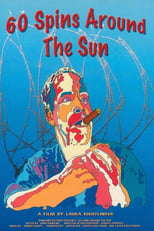
Title: 60 Spins Around the Sun
Character: Self
Released: January 1, 2003
Type: Movie
Helmed by "Saturday Night Live" alumna Laura Kightlinger, this hourlong exposé chronicles -- warts and all -- the life of comedian turned activist Randy Credico, an up-and-coming funnyman whose candor tanked his career. But the end of his showbiz days didn't stop him: He switched gears and became a mouthpiece for various causes, including the fight against New York's draconian drug laws. Credico's peers and ex-girlfriends weigh in with insights.

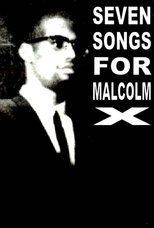
Title: Seven Songs for Malcolm X
Released: October 1, 1993
Type: Movie
The Black Audio Film Collective’s seventh film envisioned the death and life of the African American revolutionary as a seven part study in iconography as narrated by novelist Toni Cade Bambara and actor Giancarlo Espesito. The stylized tableaux vivants that memorialise Malcolm’s life referenced the early 20th century funeral photography of James Van der Zee’s The Harlem Book of the Dead and the elemental static cinematography of Sergei Paradjanov’s The Colour of Pomegranates.


Title: Malcolm X
Character: The Judge
Released: November 18, 1992
Type: Movie
A tribute to the controversial black activist and leader of the struggle for black liberation. He hit bottom during his imprisonment in the '50s, he became a Black Muslim and then a leader in the Nation of Islam. His assassination in 1965 left a legacy of self-determination and racial pride.

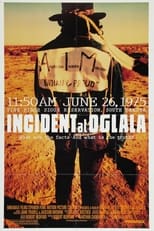
Title: Incident at Oglala
Character: Himself - Wounded Knee Defense Attorney
Released: May 8, 1992
Type: Movie
On June 26, 1975, during a period of high tensions on the Pine Ridge reservation in South Dakota, two FBI agents were killed in a shootout with a group of Indians. Although several men were charged with killing the agents, only one, Leonard Peltier, was found guilty. This film describes the events surrounding the shootout and suggests that Peltier was unjustly convicted.

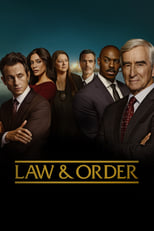
Title: Law & Order
Character: Self
Released: September 13, 1990
Type: TV
In cases ripped from the headlines, police investigate serious and often deadly crimes, weighing the evidence and questioning the suspects until someone is taken into custody. The district attorney's office then builds a case to convict the perpetrator by proving the person guilty beyond a reasonable doubt. Working together, these expert teams navigate all sides of the complex criminal justice system to make New York a safer place.

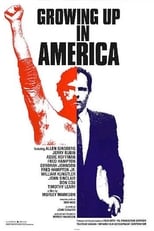
Title: Growing Up in America
Character: Self
Released: April 16, 1989
Type: Movie
Filmmaker Morley Markson shows Abbie Hoffman, Jerry Rubin, Allen Ginsberg, Timothy Leary, and other '60s rebels, then and now in a follow up to his 1971 film "Breathing Together: Revolution of the Electric Family."

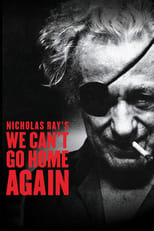
Title: We Can't Go Home Again
Character: William
Released: May 10, 1973
Type: Movie
Nicholas Ray plays himself, acting as mentor, friend, and artistic inspiration to his students at Binghamton.

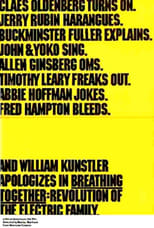
Title: Breathing Together: Revolution of the Electric Family
Character: Self
Released: April 11, 1971
Type: Movie
The title of this Canadian documentary may have some relation to Canadian Marshall McLuhan's theories. It combines interview with famous U.S. militants of the '60s, such as Jerry Rubin and Abbie Hoffman, with reenactments of their Chicago trials (i.e., the "Chicago Eight," etc.). Other figures of cultural interest from the time, including Alan Ginsberg and Buckminster Fuller, are interviewed or featured. The filmmaker indicates his belief that powerful forces in the U.S. government worked together to suppress American radicals. This view, widely disbelieved at the time, has since been confirmed.


Title: Street Scenes 1970
Character: Self
Released: September 14, 1970
Type: Movie
In the late spring of 1970, nationwide protests against the war in Vietnam focused in the Wall Street area of New York City and ultimately in a major anti-war demonstration in Washington, D.C.. A group of New York University film students documented the demonstrations as they happened in both cities. Later, in New York, the massive amount of black and white and color 16mm footage was edited into this important record of the day-by-day events. The extended final scene, shot by Edward Summer in a hotel room in Washington, D.C., is a spontaneous conversation among Martin Scorsese, Harvey Keitel, Jay Cocks and Verna Bloom who, along with a large group of NYU students, found themselves frustrated and perplexed by the events and hopeful that the protests would result in change.
